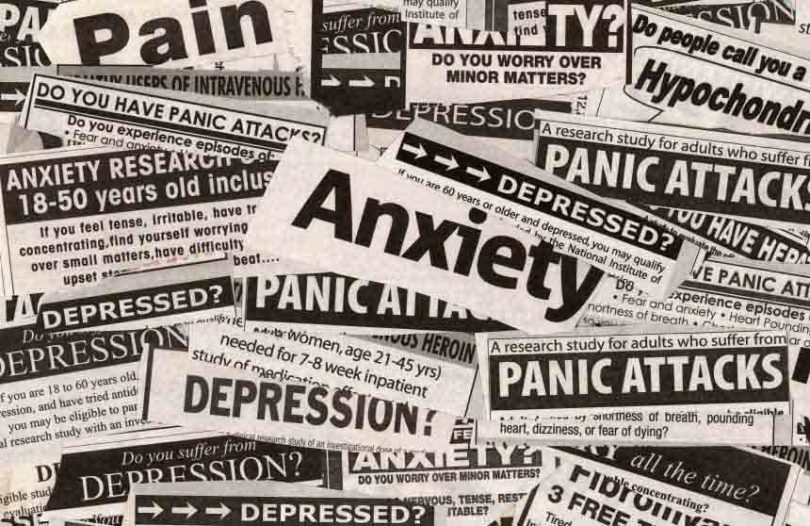The Age’s senior crime reporter Cameron Houston talks about the need for resilience.
Journalists work in physically and emotionally demanding environments where they are often first responders to crimes, disasters and other distressing events.
One news organisation that is leading the way in creating supportive and safe workplaces for journalists is the Australian Broadcasting Corporation which has worked with the Dart Centre Australasia on a Trauma Awareness: Peer Support program.
Peer support involves regular check-ins on reporters from colleagues to gauge how they are coping with the nature of their work.
The ABC program also incorporates resilience training and recognition, as well as referrals for further professional support.
This three-tier approach acknowledges that while check-ins will work for most journalists and production crew, a minority of people will develop mental health problems from traumatic exposure and job-related stress.
The Age’s senior crime reporter Cameron Houston says little can prepare journalists for the demands of reporting on tragedies such as the Black Saturday bush fires.
But The Age has worked over the past five years to improve additional support services, particularly in response to the Bourke Street tragedy in 2017 where many reporters were on the scene before emergency services.
Distress is now documented as an ongoing issue for journalists with a study from Reuters Institute for the Study of Journalism finding that 70% of 73 journalists surveyed for their report discussing concerns about their psychological reaction.
More than a quarter of the surveyed journalists showed symptoms of worry, insomnia and fatigue that were “clinically significant” and consistent with a diagnosis of generalised anxiety disorder.
About 11% reported symptoms consistent with post-traumatic stress disorder, displaying “recurrent intrusive thoughts and memories, a desire to avoid recollections of the event as well as feelings of anger, fear, guilt, horror and shame”.
An early look at the survey results found that the journalists who did not receive counselling showed higher indications of distress.
The journalists were not only reporting stress to exposure to the impact of the pandemic, they were also facing difficult ethical dilemmas.
War photographer Don McCullin has written repeatedly about the guilt he felt from documenting people’s grief.
“You do not go away from here without carrying a huge burden, if you are a decent human being and you have a conscience,” he wrote.
For journalists starting out in the industry developing professional boundaries is a skill.
But acknowledging that journalistic work often forces people to make decisions that conflict with their own moral compass can cause stress and does need to be managed.


